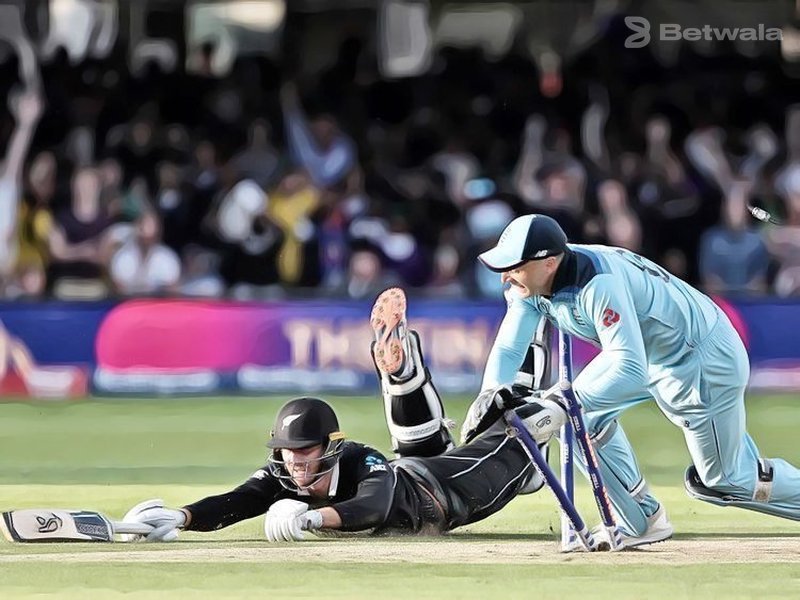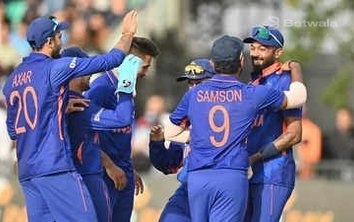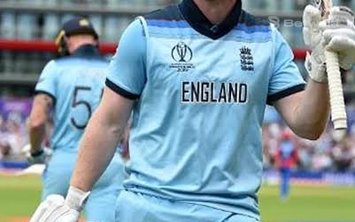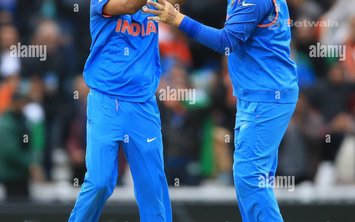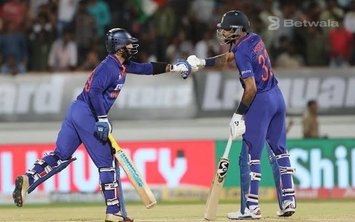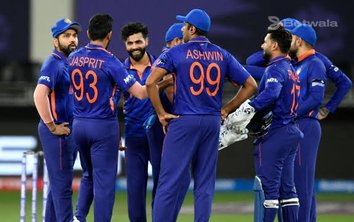Tied after the match, tied after the Super Over, won by a slim margin.
Sunday’s final cricket match was a fitting end to the Cricket World Cup 2019. It saw two teams go toe-to-toe and one come out with the win by the “bearest of margins.”
The Brits had Jonny Bairstow, Ben Stokes, and Jason Roy as their batting powerhouses while Kane Williamson and Ross Taylor were New Zealand’s go-to batsmen. The Brits counted on Jofra Archer and Chris Woakes to make the lives of the Kiwi batsmen miserable, while the Black Caps had the excellent marksmanship of Trent Boult, Matt Henry, and Lockie Ferguson to prevent England from scoring. All of them, including their teammates, played to their best capabilities, putting on a match for the books.
After 100 overs, a winner wasn’t declared. The tournament moved to its first-ever Super Over - six balls per side to finally decide who would win. Ben Stokes and Jos Buttler scored 15 runs. All they could do now was hope that New Zealand didn’t reach their target of 16. Martin Guptill was last to bat, and he gave it his all. The ball went to Jason Roy, a perfect throw to Jos Buttler, and England were world champions. The Super Over was tied, too, and England won because they scored more fours and sixes than the Kiwis.
To some, the rule seems unnecessary, silly, and ridiculous. Besides the Duckworth-Lewis-Stern Method, this was the second, if not, the weirdest way to determine a match winner. By choosing a winner based on who hit the most boundaries, in a way, doesn’t give justice to the sport. If that’s the case, then New Zealand should have won since they took more wickets. But, as they say, cricket is a batsman’s game.
England's next tournament will start in August when they face Australia in The Ashes. To find out more about the different league matches, visit Betwala's page.
READ MORE: League Matches

